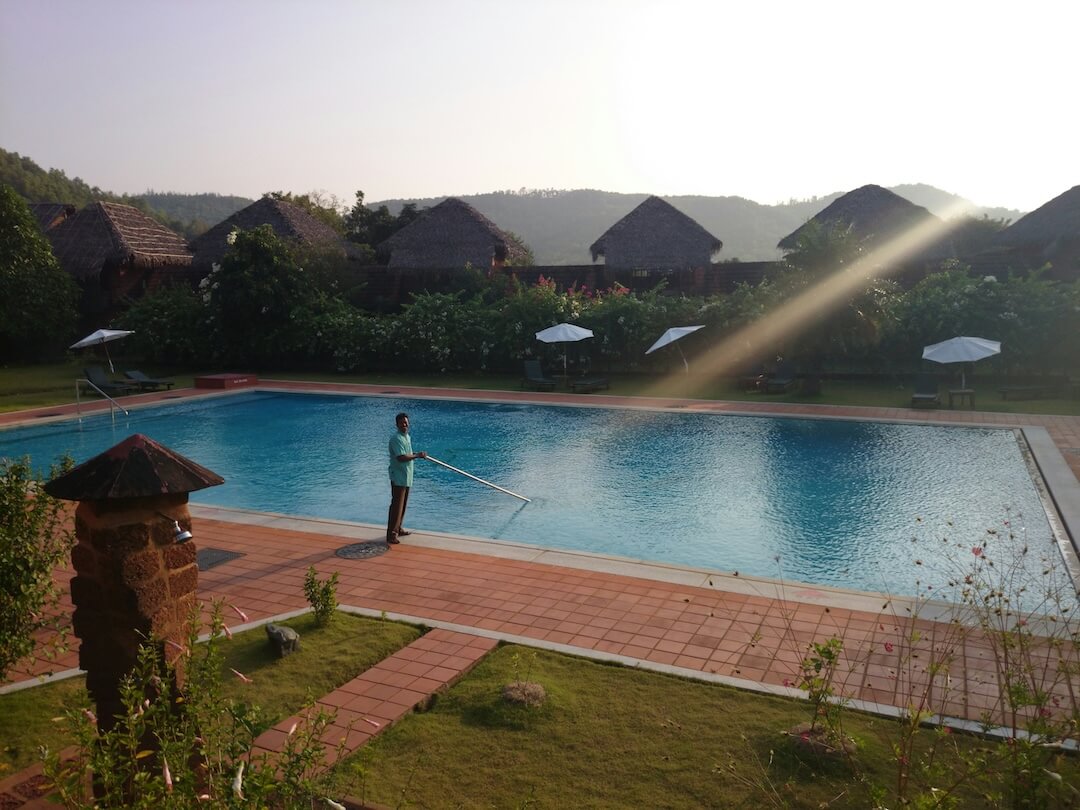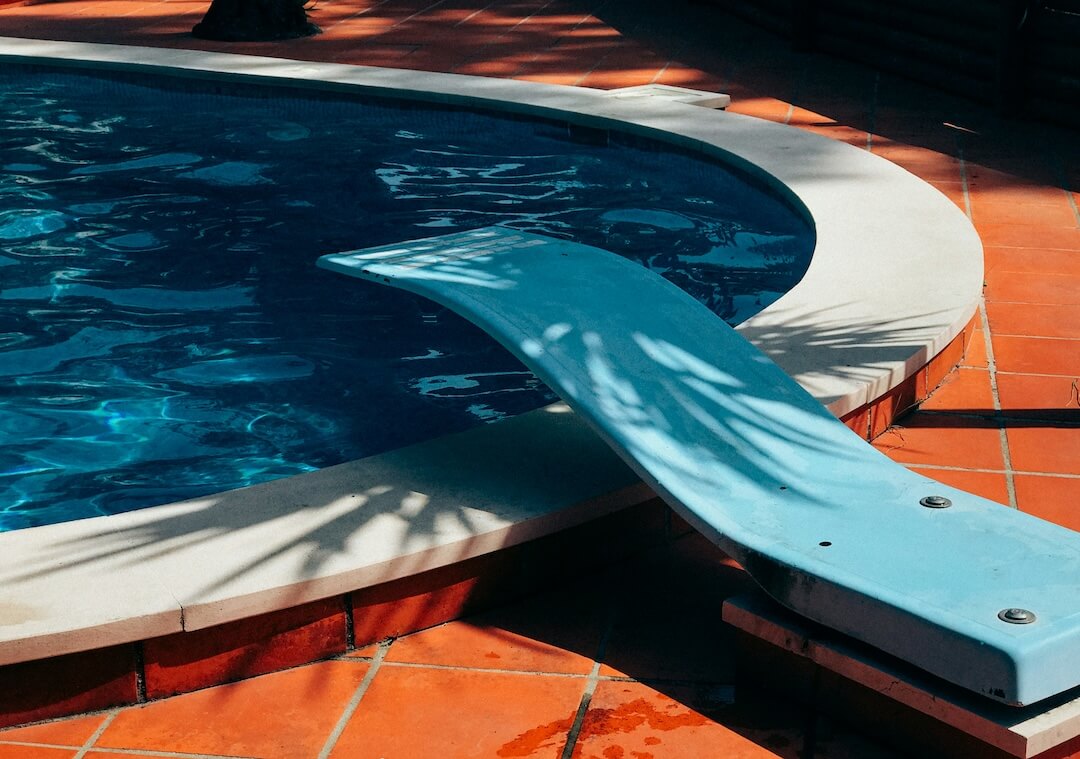Ensuring your pool’s alkalinity levels are balanced is vital for healthy water and equipment longevity. Learn effective testing methods and adjustment techniques tailored for pools in Race Track Rd for optimal swimming conditions.
Maintaining proper alkalinity levels in your pool isn’t just about clarity; it’s essential for preventing corrosion, scaling, and skin irritation. In Race Track Rd, where weather and water conditions vary, regular testing helps keep your pool safe and inviting. Discover how alkalinity influences pH stability and the overall health of your water chemistry. Understanding these connections ensures that your pool remains balanced, reducing the need for costly repairs and chemical overuse.
Achieving precise alkalinity measurements begins with choosing the right testing method. The most common options include liquid test kits, digital testers, and test strips. Each has its advantages—liquid kits offer accuracy, digital testers provide quick results, and strips are convenient for quick checks. To test your pool water, collect a sample in a clean container, follow the instructions specific to your testing kit, and compare your results to the recommended levels. In Race Track Rd, testing frequency should be at least once a week during peak swimming season to maintain consistent water quality. Proper testing methodology ensures reliable readings, helping you make informed adjustments to keep your water balanced.

When testing, always ensure that your samples are taken from different locations around the pool to get a representative reading. Store your testing materials in a cool, dry place to maintain accuracy, and keep a log of your results to track trends over time. If your alkalinity readings fall outside the ideal range, you’ll need to adjust your chemicals accordingly. Testing is the foundation of effective pool maintenance, and mastering it ensures a safe, comfortable swimming environment in Race Track Rd.
Once you’ve tested your pool water and identified that alkalinity is out of balance, the next step is adjustment. To raise alkalinity levels, you generally add sodium bicarbonate (baking soda). The amount needed depends on your current level and pool size. For example, adding 1.5 pounds of baking soda per 10,000 gallons typically raises alkalinity by about 10 ppm. To lower high alkalinity, you’ll need to add acids such as muriatic acid or sodium bisulfate. Carefully measure and add acids gradually, allowing time for the chemicals to circulate and react before retesting.

Always add chemicals in small increments, giving the pool’s circulation system time to distribute them evenly. Wearing protective gear is essential when handling acids, and adding chemicals during the evening or at dusk can help prevent rapid evaporation and chemical loss due to sunlight. Regular adjustments, based on your testing results, will maintain your pool’s alkalinity within the ideal range of 80-120 ppm, ensuring water remains balanced and safe for swimmers in Race Track Rd.
Consistency is key when it comes to pool water chemistry. To keep alkalinity levels steady, establish a routine testing schedule—preferably weekly or bi-weekly—and make adjustments as needed. In Race Track Rd, seasonal weather fluctuations and heavy pool usage can cause alkalinity to drift. Using stabilizers or conditioners can help buffer the water and prevent rapid changes. Additionally, avoid overusing chlorine or other chemicals that can skew alkalinity measurements.

Implementing a balanced filtration and circulation system ensures chemicals are properly distributed, preventing localized imbalances. Keep track of your chemical additions and testing results to identify patterns and make proactive adjustments. Educating yourself about water chemistry fundamentals will empower you to troubleshoot issues effectively. Remember, maintaining stable alkalinity not only prolongs the lifespan of your pool equipment but also provides a more enjoyable swimming experience for your family in Race Track Rd.
When alkalinity is correctly balanced, your pool water remains clear, pH levels stay stable, and the risk of corrosion or scaling diminishes significantly. This creates an inviting environment perfect for swimming, lounging, and family fun. Proper alkalinity also protects your pool’s surfaces, filters, and pumps from potential damage caused by extreme pH fluctuations.

By routinely testing and adjusting alkalinity, you prevent cloudy water, skin irritation, and equipment malfunctions. This proactive approach minimizes chemical costs and reduces maintenance headaches. In Race Track Rd, where the climate can fluctuate widely, staying vigilant about your pool’s alkalinity helps you enjoy a pristine aquatic retreat all year long. With expert guidance and consistent care, your pool remains a source of relaxation and entertainment, elevating your outdoor living experience.
We provide precise, reliable testing methods tailored to your pool’s unique needs, ensuring accurate readings every time. Our team uses advanced tools to deliver quick results, helping you maintain balanced water chemistry with confidence.
Whether you need to raise or lower your pool’s alkalinity, our experts guide you through safe, effective chemical application techniques. We help you avoid common mistakes and optimize your water quality.
Stay ahead of water chemistry issues with scheduled testing and adjustment services. Our customized maintenance plans keep your pool water balanced, reducing long-term costs and extending equipment life.
Sudden water imbalance or chemical mishaps? Our rapid response team is ready to assist with urgent testing and adjustment services, ensuring your pool remains safe and enjoyable at all times.
When unexpected chemical imbalances threaten your pool’s safety and clarity, our emergency team provides prompt testing and corrective services. We prioritize your pool’s health to ensure a worry-free swimming experience, no matter the hour.